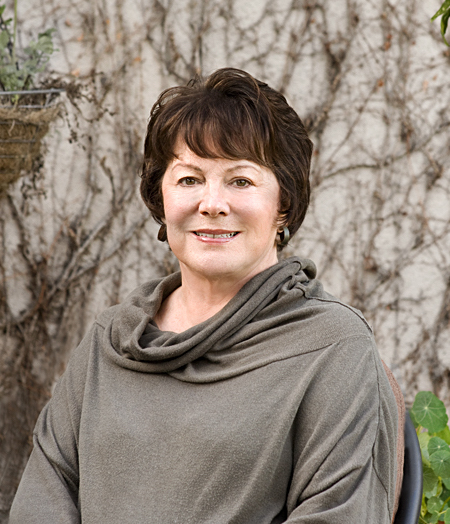Code Blue? Policing the Police

By Jean Hastings Ardell
Columnists live to tell you what we think. We have opinions about whatever ails our society, our politicians, our town. This isn’t one of those columns. This one, on the soon-to-be-appointed Police Ad Hoc Task Force, offers mostly questions, along with suggestions. After all, how to critique the very people, the Laguna Beach Police Department, that immediately come to mind when trouble arrives? Besides, as a white grandma, my encounters with the police have always been benign. (Well, excepting the demonstration I was involved with some years ago where the police showed up. But I wasn’t taken to jail and so was denied the questionable pleasure of phoning my now-adult sons to ask if they’d come bail me out, as my husband and I had been called on to do for their small teenage malfeasances.) Besides, how much does a small-town police department like ours (budgeted for 54 officers) have to do with the fierce debate that the nation’s large urban police forces are in a Code Blue?
These dilemmas and more will face the five people who will serve on the Task Force to study and advise the police chief and councilmembers on what the Laguna Beach Police Department can do to improve both its practices and community relations. The subjects up for discussion are: hiring, use-of-force incidents, equipment, pursuits, officer-involved shootings, citizen complaint procedures, community policy, de-escalation training, and interaction with the public in confrontational situations.
That’s a good start but it doesn’t go far enough. The Task Force—and all the stakeholders—could begin by studying the history of the police and their unions. Two recent articles I found illuminating: Jill Lepore’s “The Invention of the Police” in The New Yorker takes us back to 13th century England, where constables were charged with “keeping the king’s peace.” Lepore writes that while the American Revolution overturned the monarchy, this country continued to expand the power and militarization of the police. The way the police treated Blacks was perpetuated by the Jim Crow laws of the late 1800s unto today, as the news nearly daily reminds us. Here is one local man’s experience: In the summer of 2016, at about 7:30 PM, he had just turned off Coast Highway onto Broadway when he was pulled over by an LBPD car.
“We made eye contact and I gave him a friendly nod, not thinking anything of it. Perhaps it was my gesture that landed me in trouble. He had pulled me over for driving a car (my wife’s) that was missing its front license plate. After checking my identification, then came what I think of as a trick question: `How many drinks have you had?’ I replied truthfully: a drink at lunch. By then three squad cars had pulled up behind me. I was told to get out of the car, which I did, and was given three different sobriety tests. And then a Breathalyzer test. There was nothing wrong; I was not intoxicated. And at that I was free to go. But I was shaken and felt the pain of humiliation. I sat in my car and cried.”
This man, the pastor of a local church, had been pulled over four times during the infrequent times he drove his wife’s car, while she, a fair-skinned white woman, has never been pulled over. Four to zero – Driving While Black? While this happened four years ago, it demonstrates the near-universal unease Blacks feel about the police. The Task Force has the responsibility to address this.
William Finnegan’s article “How Police Unions Fight Reform” in the New Yorker points out that before the 1960s the police had little power to collectively bargain. They needed to unionize, but since then their unions have become so strong that neither political party has the will to take them on. Finnegan explains why the unions are blamed for protecting aberrant police officers and for stifling attempts at reform. That’s one reasons some argue that the entire blue culture is impossible to reform, that we must start over. Shouldn’t that be up for discussion, too?
Chief Laura Farinella, who plans to retire early in December, said she will be involved in the early stages of the study. Her experience and input are important. As we look to the future, if we are to have the best possible LBPD, the Task Force must insist upon transparency, ask the hard questions, and ensure that everyone at the table works together for the greater good.
The deadline for applying to serve on the Task Force is Oct. 30.
Jean lives and writes in Laguna Beach. She is a member of Third Street Writers.





I appreciate your thoughts. I’d like to offer another “illuminating” read for the perspective of our new citizens ad hoc police oversight group. “The War on Cops” by Heather Mac Donald. It was a New York Times best seller. Good luck to those who offer to serve on this group and thanks to our public safety professionals – Cops, Firefighters and Lifeguards.
A key component of any civilian oversight committee is that members receive proper training to do the job they are tasked to perform. This includes extensive training in use of force tactics (actual hands on training in both firearms training and hand to hand combat), case law related to the Fourth Amendment, departmental policies and procedures, and a host of other issues related to the job. Being a member of such a committee is a professional position, not a political one.